
Students wielding signs of protest packed the seats and lined the walls of Monday’s Student Government Association (SGA) meeting in a display of discontent over a motion to abolish the Center for Educational Policy and Advocacy (CEPA), which was eventually withdrawn.
CEPA is an advocacy organization that works to organize around student issues in order to create a campus environment that is more inclusive and responsive to student needs, according to the group’s web page. It focuses on labor issues, gender issues, campus culture and access and affordability of higher education.
The motion arose, in part, as a result of budgetary concerns raised by the Ways and Means Committee during their annual allocation of funds to registered student organizations and student groups. The 2012 budget totaled a record $2.3 million and will be used to fund 133 RSOs, nine agencies and eight government organizations, said chairman of Ways and Means Dan Stratford.
“[The motion] wasn’t meant to destroy CEPA,” said Senator Keith Lema, a co-sponsor of the motion. He said it was intended to make CEPA a branch of the SGA.
“We feel like protecting [the SGA’s] long-term financial health is most important,” said Lema.
Stratford estimated that the SGA’s reserves would be depleted within two years if spending remained at its current level, despite his committee’s recommendation to increase the Student Activities Trust Fund (SATF) fee from $94 to $97 – a move that would raise an estimated $60,000.
If reserves dip into negative territory, he said that the SATF fee will likely have to be increased by a significant amount, though any increase over seven percent would have to be approved by students through a referendum.
The reserves have been depleted “due to the sheer number of organizations that we have had apply for funding,” said Stratford, adding, “We will have to be more austere in the future.”
As an agency, SGA bylaws require CEPA to employ a full-time director. Removing CEPA’s agency status and incorporating it more closely with the SGA would eliminate this requirement. The current graduate student coordinator Cameron Russell receives a salary of $25,000 per year.
The motion’s sponsors thought this money would be better used to fund the ever-growing number of student organizations.
“The cost of one graduate position could easily fund 25 groups that are getting a budget for the first time,” said Senator Nathan Lamb during the meeting.
The motion also stated that CEPA’s role on campus is redundant in that other RSOs and the SGA itself “provide similar roads of activism, outreach and education free of charge.”
“The responsibilities as written out in the bylaws are essentially the same,” said Lema. However, he noted that the bylaws were written long ago and in many cases no longer fit the actual function of the SGA.
“I see [the SGA] senate as a legislative body,” said CEPA’s Organizing and Training Director Sophia Zaman, who is also an SGA senator. “CEPA is an advocacy body that is trained to organize. The SGA does not have that training.”
Russell said that CEPA does serve a function similar as the SGA in that they often advocate for the same issues. He said he wouldn’t be against closer integration with the SGA in an ideal world, but he feels the separation they currently enjoy is necessary to maintain the effectiveness of the agency.
“We don’t want to be a part of SGA because we are much more powerful separately,” said Russell. He said the fact that CEPA does not report directly to the administration makes them better able hold those administrators accountable.
Zaman agreed with this sentiment and pointed to the “Involve Us” campaign – an effort to increase student say in UMass’ administrative decisions – as an example of CEPA’s effectiveness. She said the campaign never would have been possible if CEPA had to answer to administrators.
Russell feels that the ideal arrangement would be that if the SGA fails to achieve what is best for the student body while negotiating with administrators, they would alert CEPA and allow them to help organize the student body around the cause. He said they did not do this during the changes to Residential Life’s peer mentor program earlier this year.
Communication between CEPA and the SGA needs to be much better, said Russell. Although the two organizations occupy offices only several yards away from each other, CEPA was informed of the decision to remove their agency status only three days before the voting process began.
“The lack of process is hugely concerning,” said Russell. “This motion almost directly parallels what happened with ‘Involve Us.’”
Another breakdown in communication came when the SGA commissioned CEPA to conduct a study regarding the impact of the changes to Residential Life on students. CEPA members were not made aware of the request until it was put before the senate for voting.
SGA bylaws state that if a motion concerning an agency arises, the involved agency must be notified within 24 hours of the decision and allowed to speak on its behalf at the senate meeting in which the motion will be voted on.
“Nobody thought it out beforehand,” said Zaman. “Luckily several of us are senators of the SGA.”
The withdrawal of the motion means that CEPA will continue to function as is for at least one more year. Lema said that this has been an ongoing issue for years that the SGA intends to address next semester.
He said that the SGA is considering the creation of a standing committee designed to look into agencies and properly define their functions.
“[The motion] still makes financial sense, but we want to have an open dialogue beforehand,” said Lema. “It was too short of a timeline” to enact such significant change.
“We don’t want CEPA to disappear because we appreciate what they do,” he said.
Zachary Weishar can be reached at [email protected].













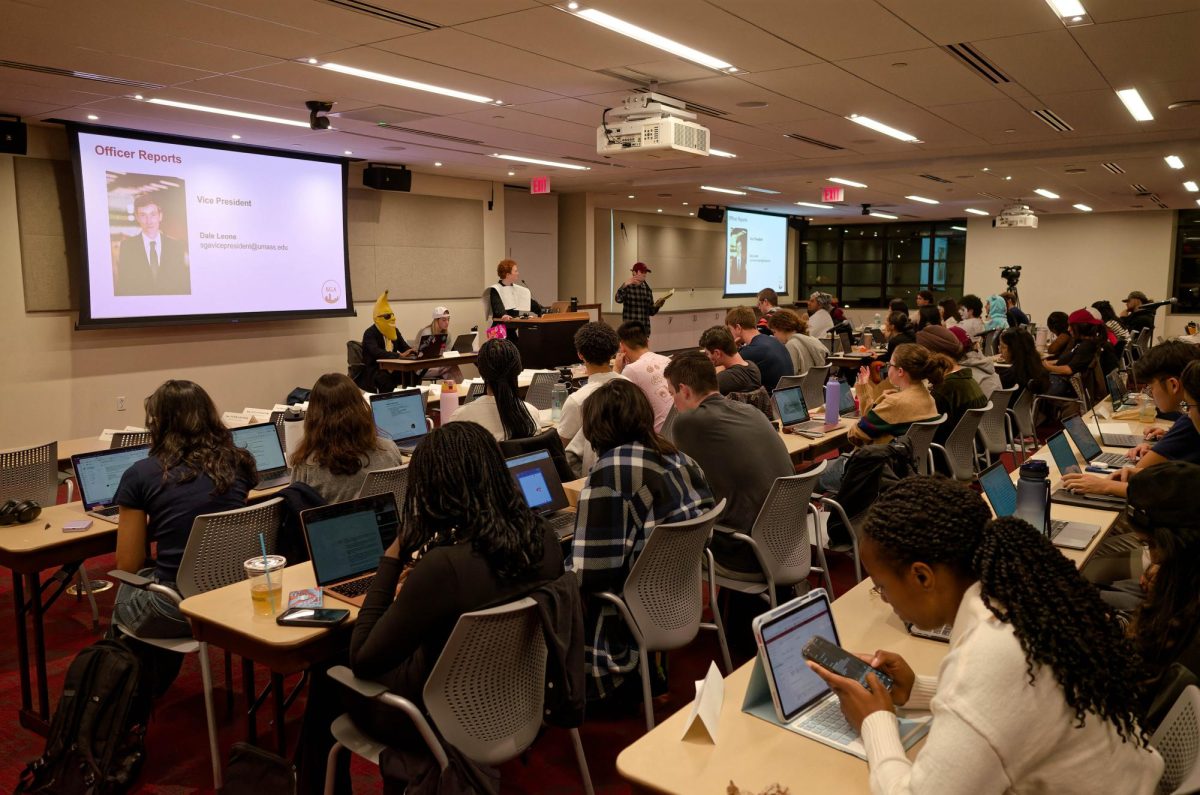
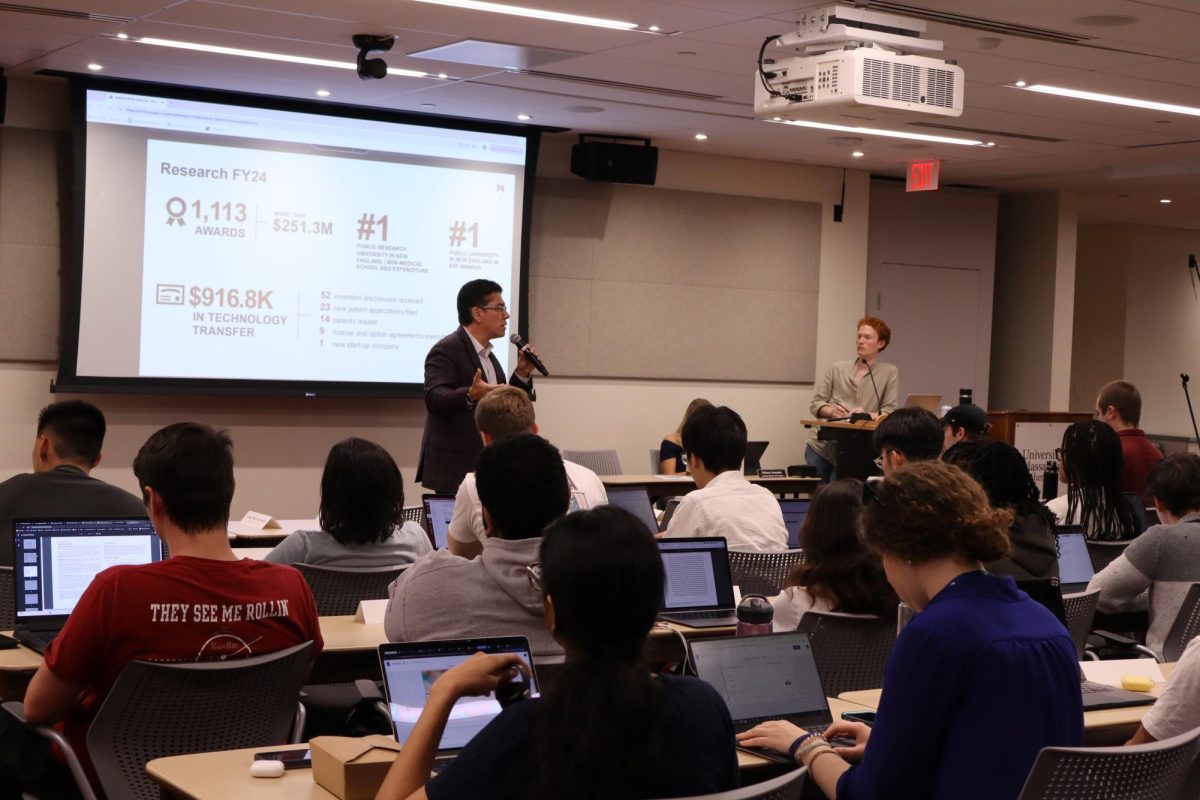
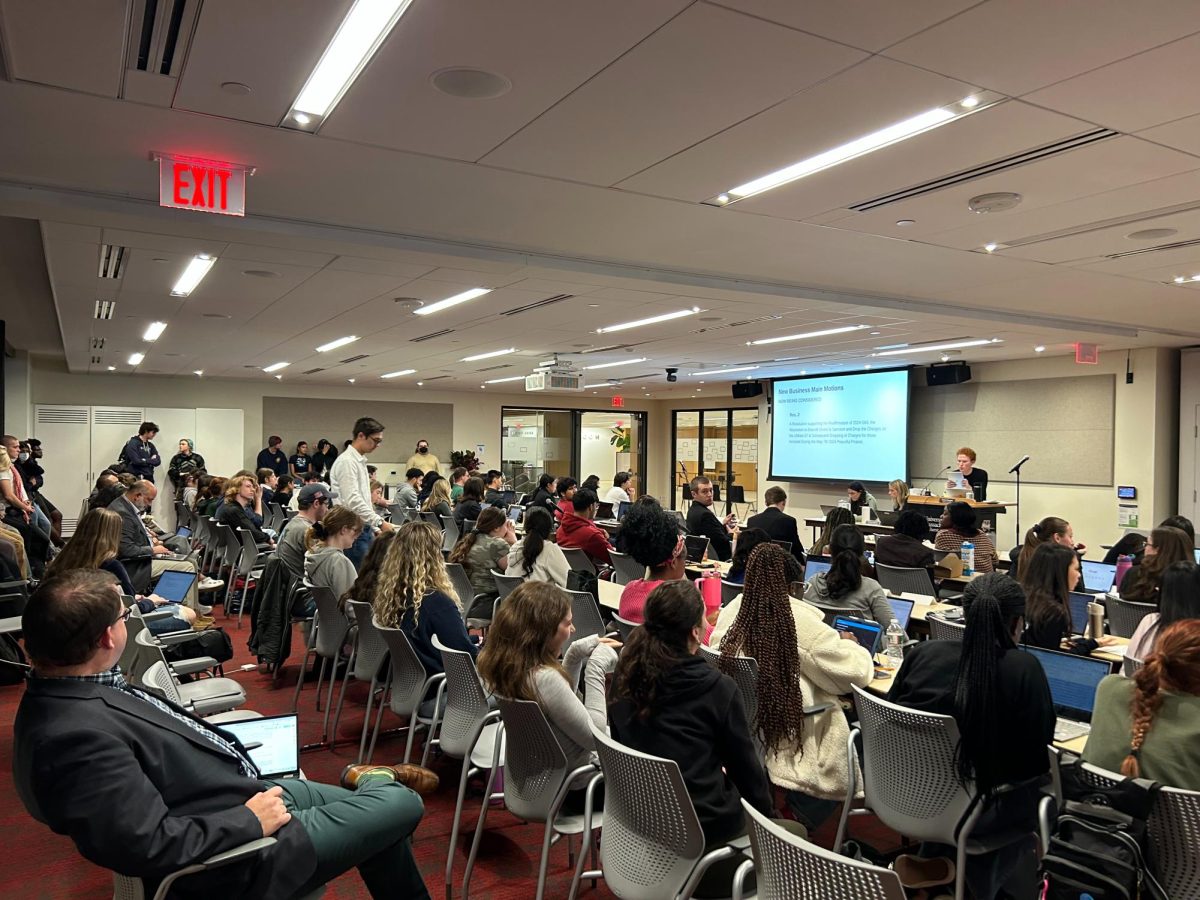
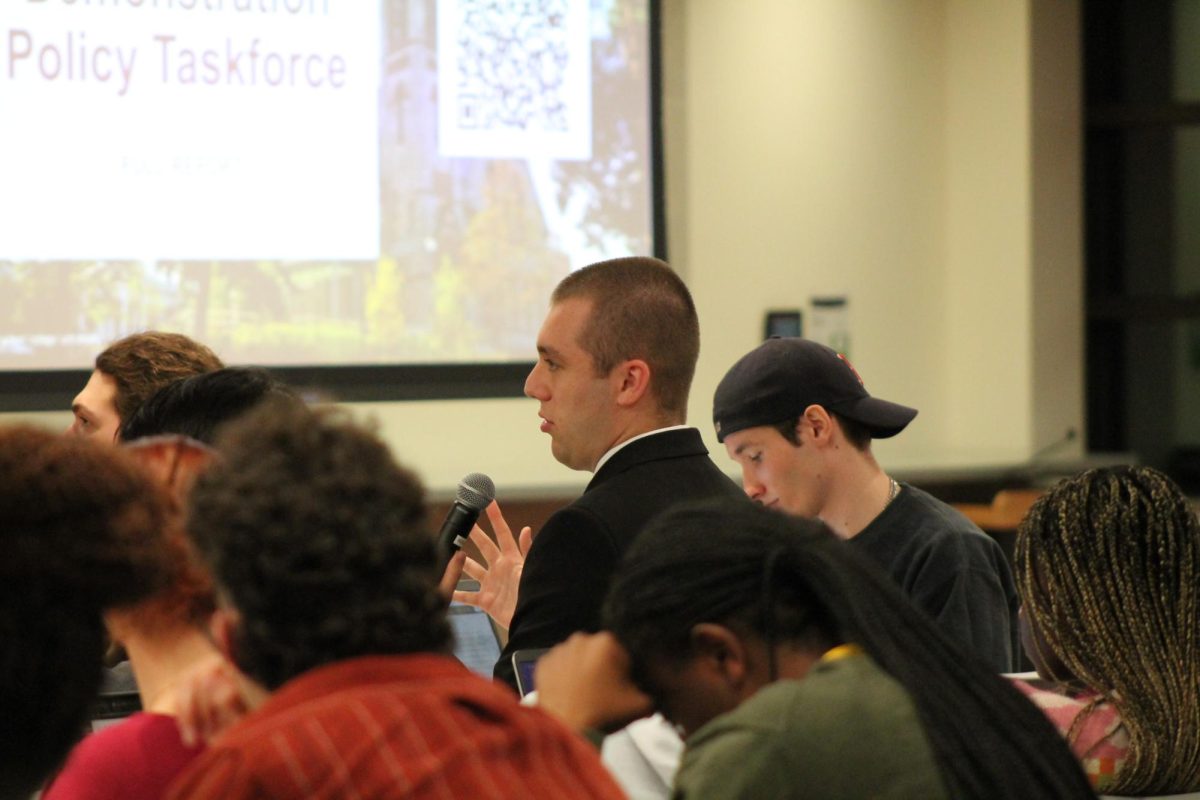
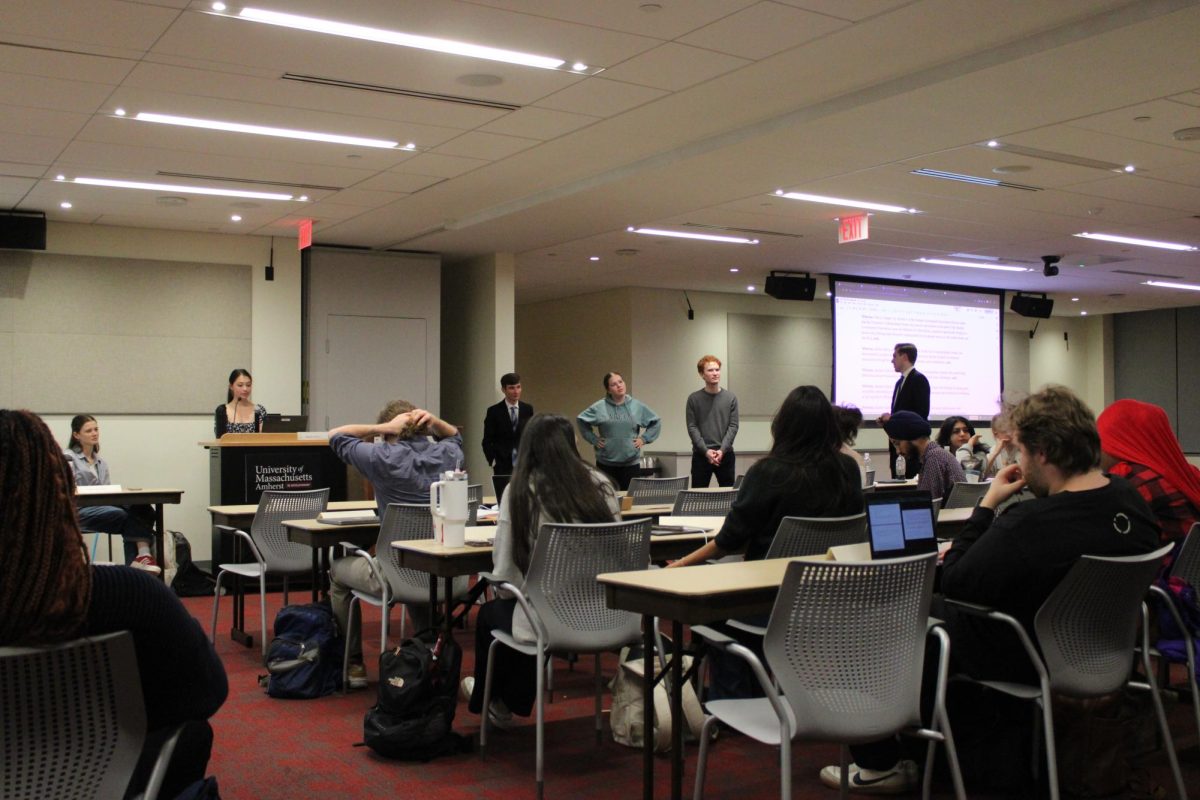
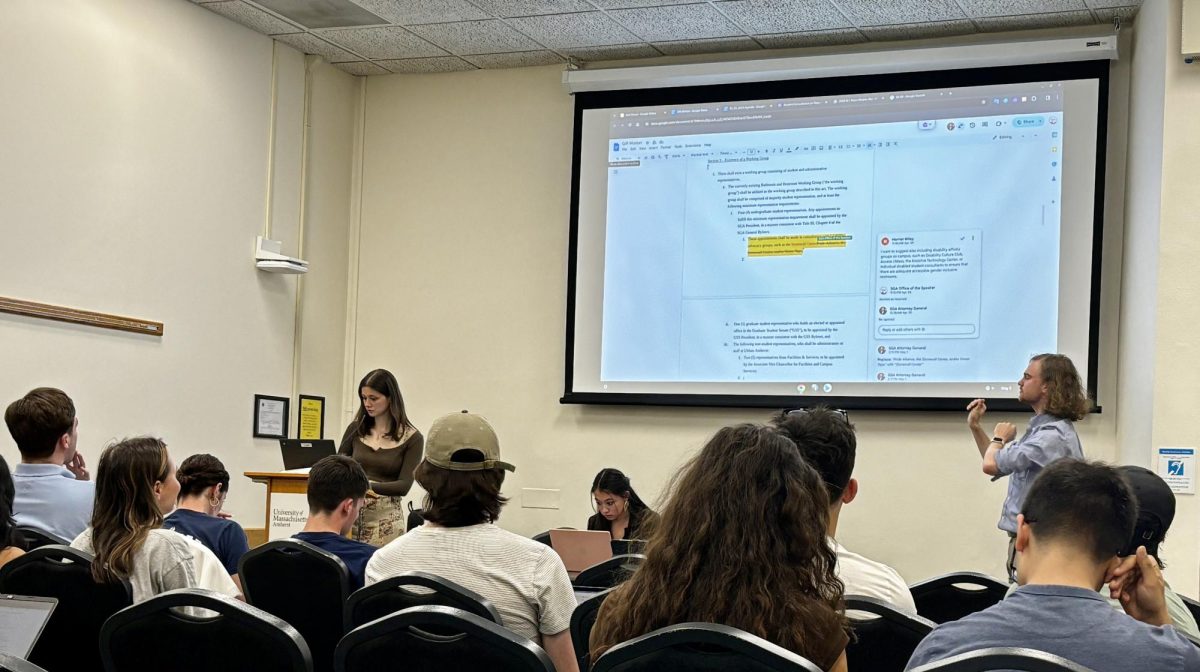
Yet Another Concerned Student • Aug 27, 2012 at 8:48 pm
Concerned Student 3.0 says:
“As someone who hasn’t heard of either why can’t we get rid of both?”
Though it is easy to decry the foibles and inefficiencies of bureaucracy, the nature of Government reflects that of Man, and man is naturally fallen and avaricious. To think that we can remedy this imperfect state by a complete abolition of the SGA is not just intellectually lazy, but disingenuous, for it highlights the organization’s flaws at the expense of the tremendous good it does on a daily basis. The hypothetical abolition of the SGA would, consequently, laden the University with a litany of undesired, unwanted, and unintended consequences. It is better, as the analogy goes, to fix the house rather than to burn it all down.
Concerned Student 3.0 • Apr 27, 2012 at 2:34 am
As someone who hasn’t heard of either why can’t we get rid of both?
Concerned Student 2.0 • Apr 25, 2012 at 11:21 pm
Concerned Student, though I agree with some of the points you make, the purpose of this article was to simply highlight the motion, the sponsor’s stand, as well as Zaman and Russell’s stand, in effect, making the article well-balanced and unbiased.
As far as the piece of legislation that was put on the table that evening, it was done with a lack of integrity, something that is somewhat appalling, considering that earlier in the academic year, the SGA called out the administration for making changes in a manner that lacked integrity.
As far as I see it, this is a matter of principal. Serious and large changes that are being proposed need to be discussed with all parties, not just within the body that holds the power to make these changes. Such was the argument with the Residence Life and UHS cuts. If the SGA is going to hold the administration to this standard, demanding involvement from all parties being affected, then why the hypocrisy? Does it not make sense to increase involvement in the changes the SGA, itself, is proposing?
The lack of communication between both groups–the SGA and CEPA, is an entirely separate issue that both parties should address, rather than putting the blame on one another.
As the average student who holds no direct affiliation to either groups, but simply keeps up with the ongoing campus news, the pride that I had in the SGA for being so proactive with the Involve Us campaign, in conjunction with CEPA, is a little bruised. The same principal that the SGA proposed the administration to work off–involvement and inclusivity, is being violated a mere few months later, by the SGA, itself.
Concerned Student • Apr 25, 2012 at 1:36 pm
I take issue with a comment Sophia Zaman made.
“I see [the SGA] senate as a legislative body,” said CEPA’s Organizing and Training Director Sophia Zaman, who is also an SGA senator. “CEPA is an advocacy body that is trained to organize. The SGA does not have that training.”
In fact, CEPA members were a vital part of an orientation program which all senators were required to attend before being sworn into office. They provided an overview of what their organization does and trained them on awareness/understanding issues and how to use their voice for the good of students.
(Besides, senators write legislation AND advocate on behalf of students. That’s why they’re elected. They wouldn’t have run if they didn’t want to improve the lives of students in some way. It’s a time-consuming commitment and oftentimes a thankless job. Please see parts of the article above.)
For example, a standing committee of the Student Government Association, the State & Federal Organizing Committee pushes legislators to increase state funding for UMass. Are the senators in that committee not advocates? I think so. As a result of State House call-ins, letter-writing campaigns, and a very successful Lobby Day, Rep Straus co-sponsored Amendment 663 to the budget. The amendment changes the “$86,507,756” for financial aid and replaces it with “$91,988,144.” This committee worked closely with CEPA in its efforts over the course of the year. The work of BOTH organizations should be thanked for this fantastic news. CEPA trained as many people as possible (including and ESPECIALLY senators) about effective lobbying strategies the week prior to Lobby Day.
Clearly, CEPA adds something valuable to this campus. Collaboration has occurred all year, but that is not what is being reported above. Frankly, Zaman’s claim is false and disrespectful.